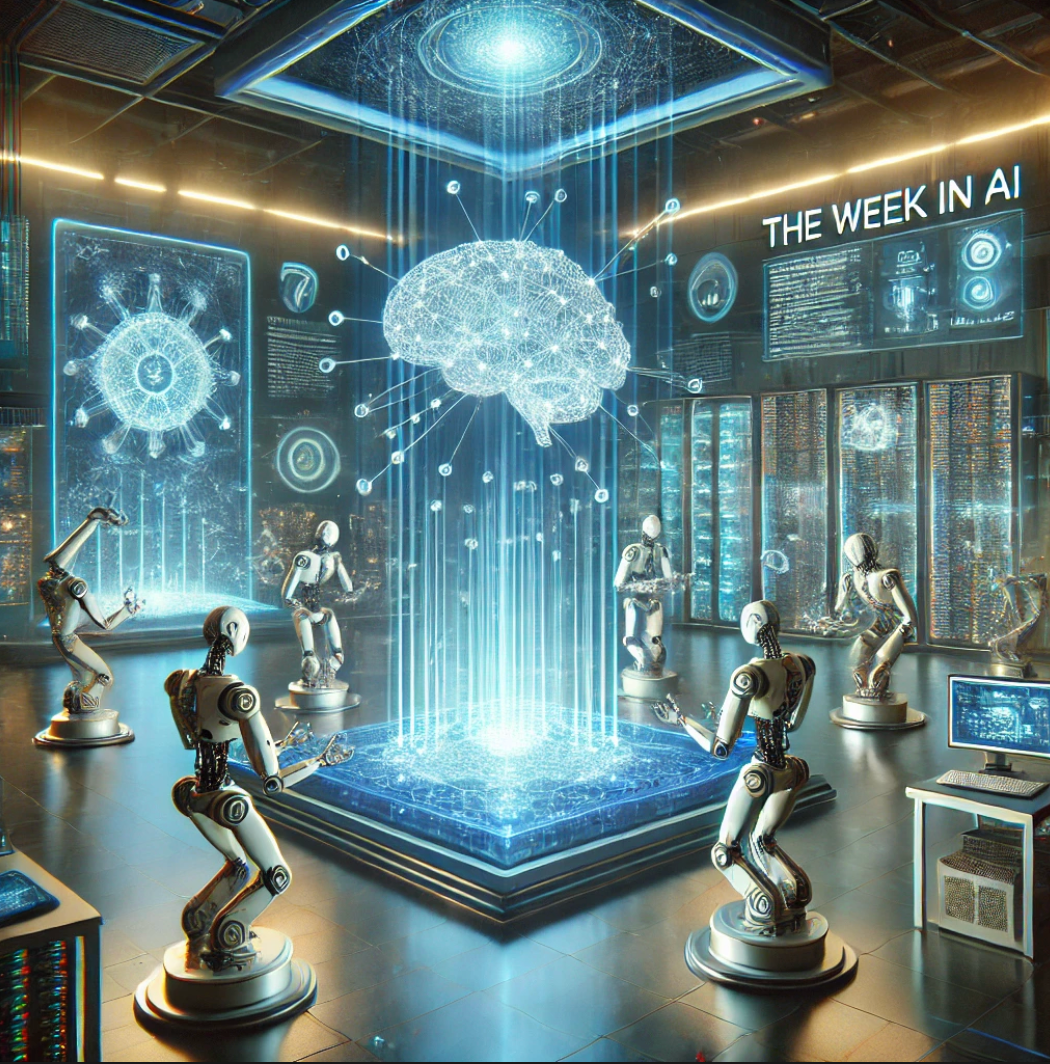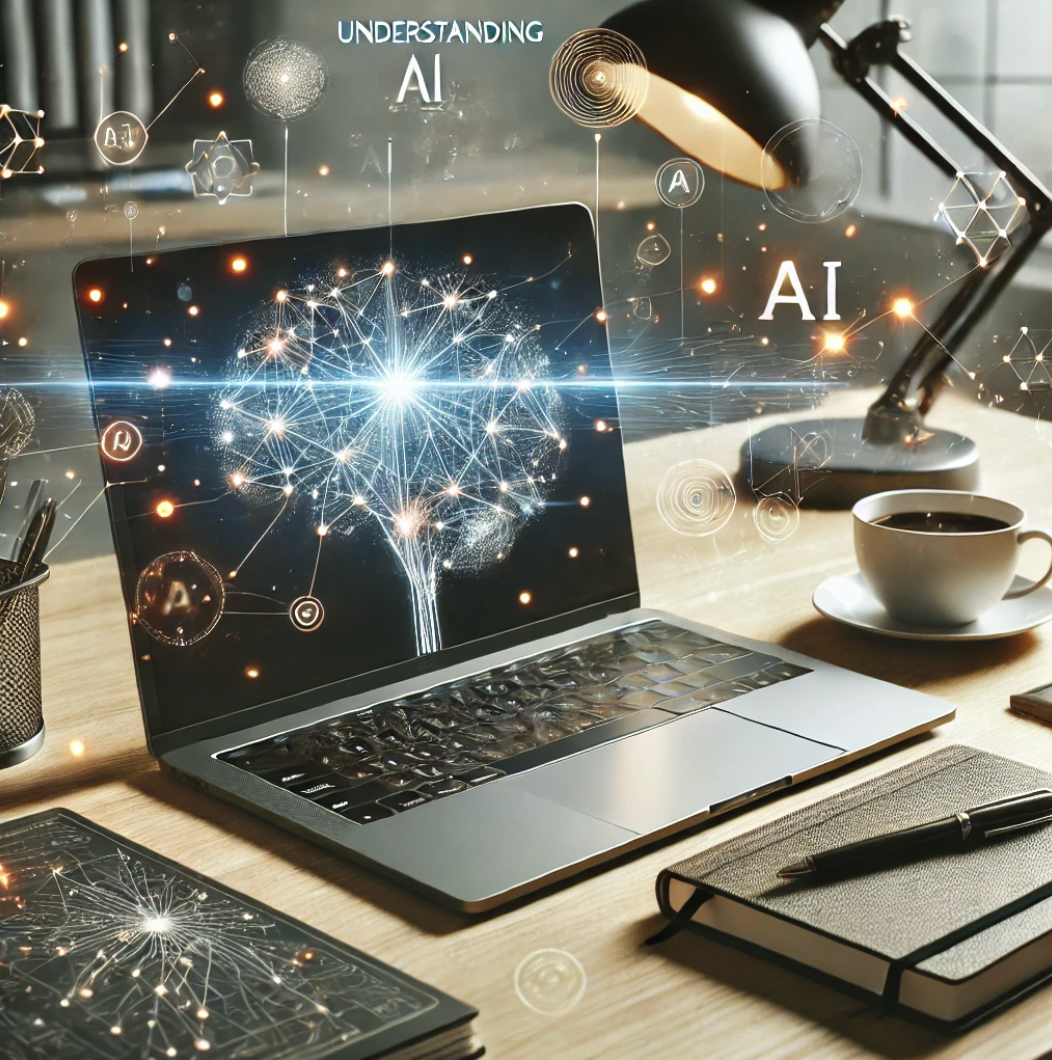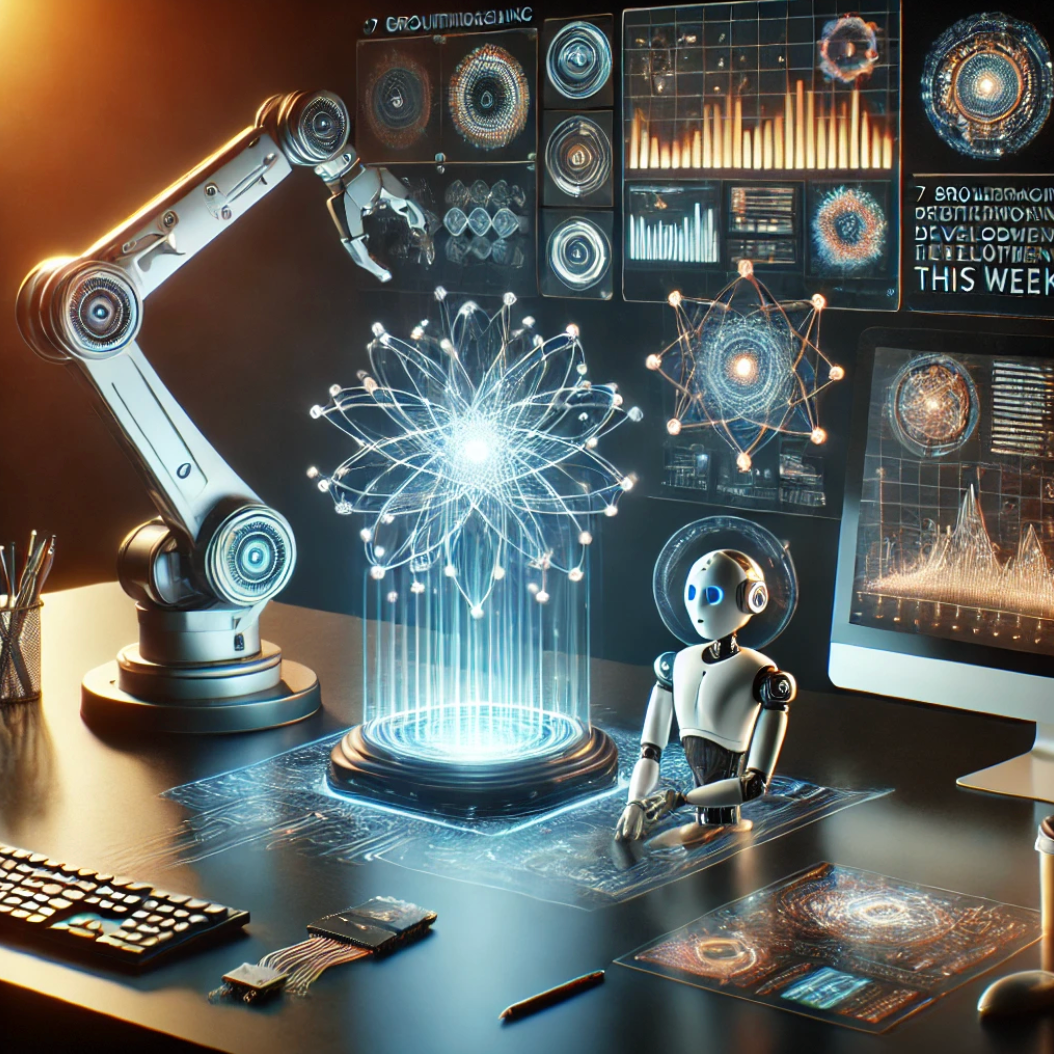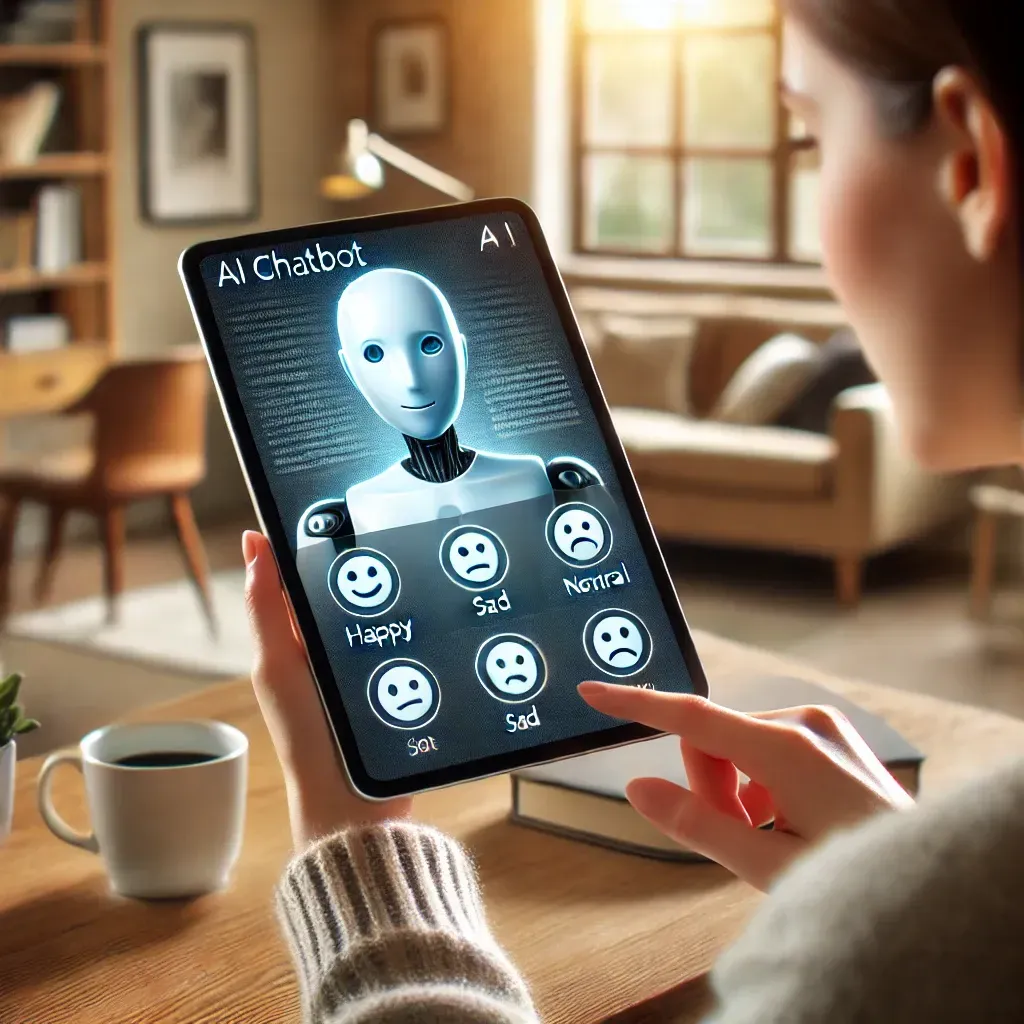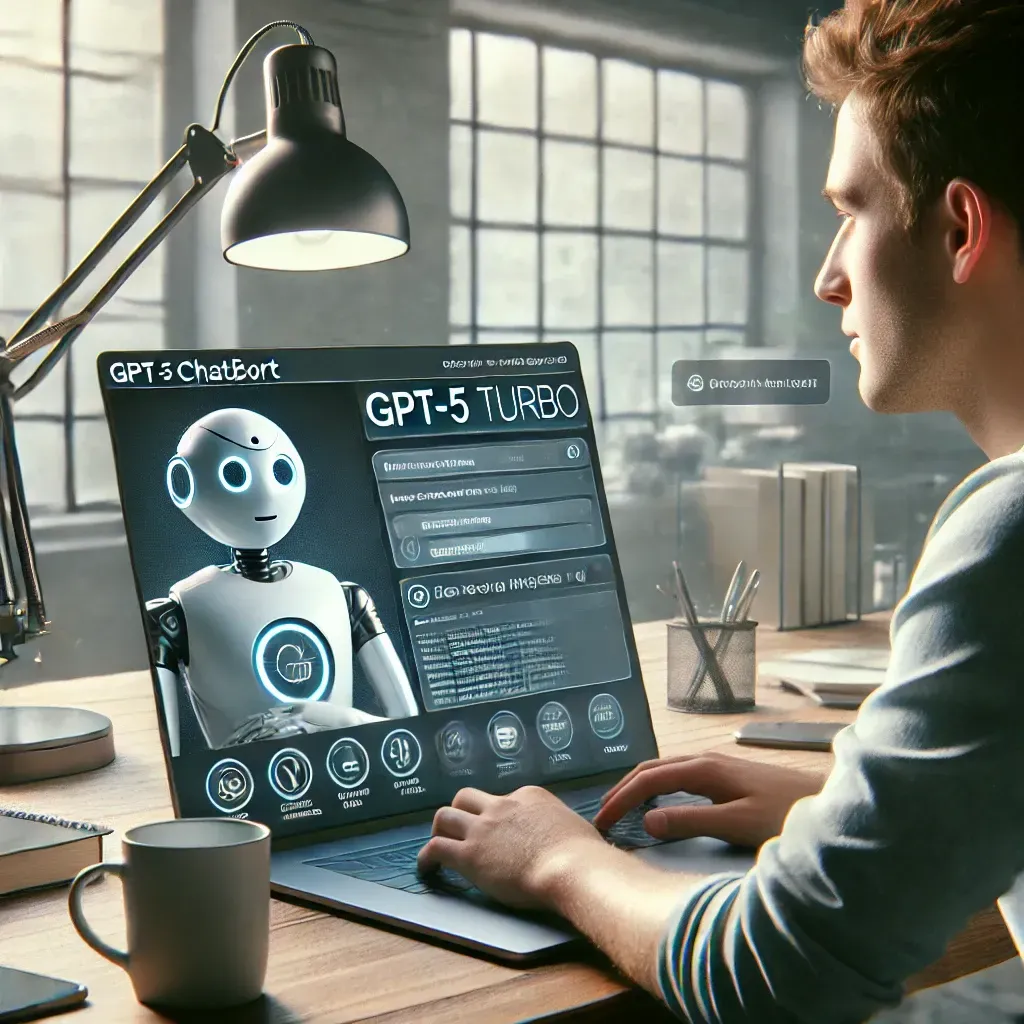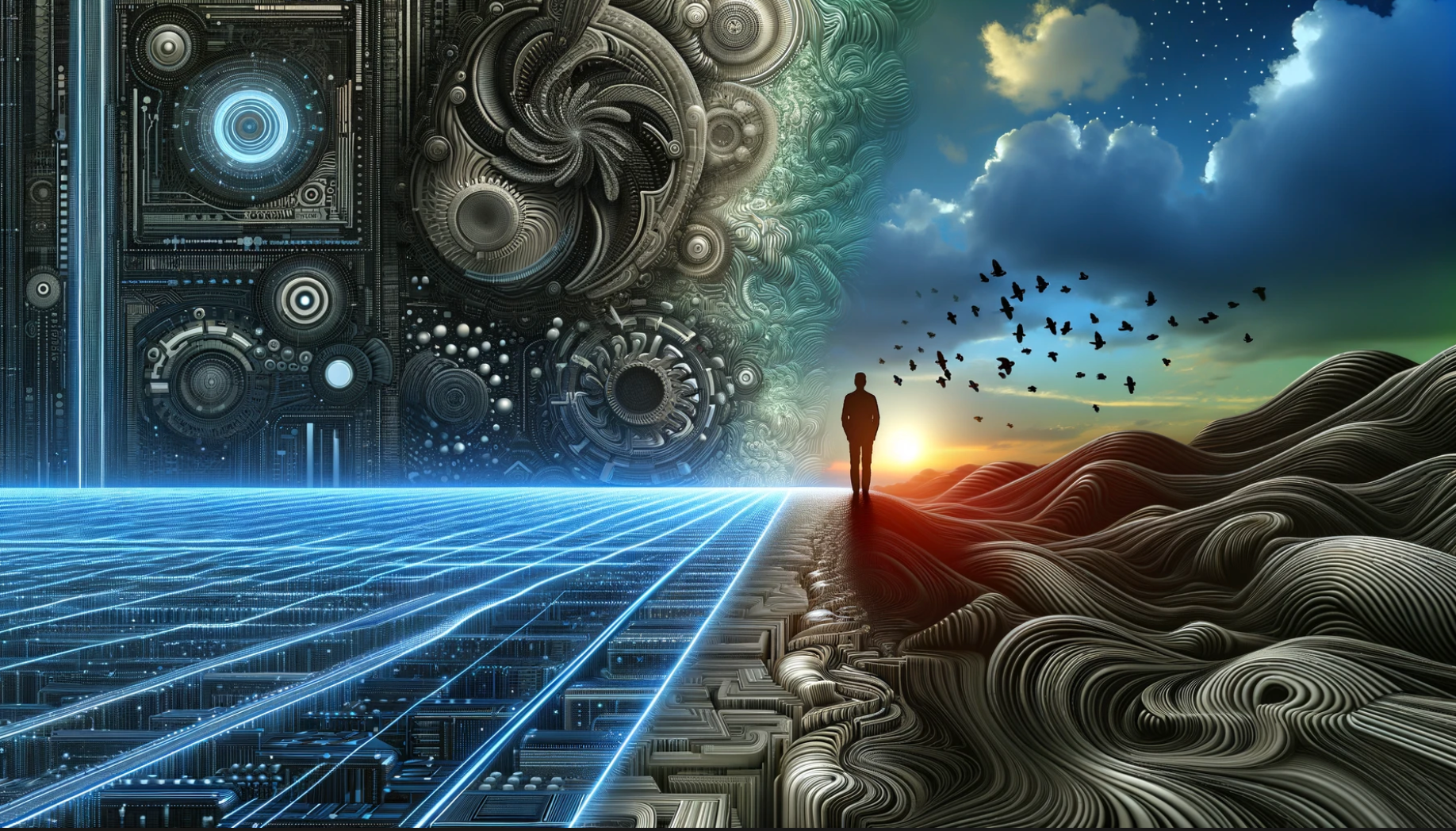7 biggest AI stories from the past week from March 25 to April 1, 2025
A week of breakthroughs, bots, and big questions
This past week in AI brought a mix of major releases, wild experiments, and growing debates—from AI DJs and fake politicians to massive open-source updates.
Here’s your quick but detailed breakdown of the 7 most important AI developments from the last 7 days.
1. OpenAI rolls out memory upgrades for all ChatGPT users
OpenAI announced a major update: chat memory is now available to all users, not just pro subscribers. ChatGPT can now remember facts, preferences, and even your tone across sessions.
Highlights:
- You can view and edit what ChatGPT remembers
- Memory is toggled on/off per chat
- Custom instructions just got a big upgrade
Why it matters:
It’s a step closer to persistent, personal AI assistants—and blurs the line between app and companion.
2. Stability AI releases Stable Audio 2.0 for music generation
Stability AI just launched Stable Audio 2.0, a model that can generate full-length 60–90 second tracks with consistent structure and progression. It can follow prompts like “ambient lo-fi with a jazzy piano loop” or mimic certain genres.
Features:
- Long-form coherent audio
- Supports licensing-friendly commercial use
- Ideal for creators, game devs, and marketers
Why it matters:
Music generation is finally catching up to image and text—and artists now have powerful AI co-producers at their fingertips.
3. Anthropic launches Claude 3.5 early preview for researchers
Anthropic quietly released an early version of Claude 3.5 to selected partners and researchers. It reportedly outperforms GPT-4 in reasoning and code generation in internal benchmarks.
What’s new:
- Fewer hallucinations
- Better long-form accuracy
- Stronger multi-modal support expected in public launch
Why it matters:
Anthropic is emerging as OpenAI’s most serious rival in enterprise-grade AI—and this release will heat things up in April.
4. AI-generated political candidate goes viral in Finland
A small Finnish town is facing an unusual local election candidate: “AI-Ville,” an AI-generated political figurepowered by a language model and trained on party values.
Details:
- AI-Ville takes public questions via chatbot
- All campaign statements are AI-generated and reviewed by humans
- Not a legal candidate—yet—but serves as an experimental proxy
Why it matters:
This is a glimpse of what AI in politics could look like—raising questions about identity, influence, and accountability in democracy.
5. Google DeepMind unveils SIMA, an AI agent that can play video games like a human
Google DeepMind introduced SIMA (Scalable Instructable Multiworld Agent)—an AI that can understand natural language instructions and play open-world video games like No Man’s Sky, Goat Simulator 3, and Valheim.
Key features:
- Learns through observation and commands
- Not hardcoded—can transfer skills between games
- Can perform tasks like “harvest wood and build a shelter”
Why it matters:
SIMA is a major step toward general-purpose AI agents capable of reasoning and acting in open-ended environments.
6. Mistral drops Mixtral 8x22B weights—big open-source upgrade
Open-source powerhouse Mistral AI released the weights for its most powerful model to date: Mixtral 8x22B, a mixture-of-experts model that rivals GPT-4 in performance.
Why it matters:
- It’s fast, efficient, and fully transparent
- Offers a free alternative to closed models for devs, startups, and researchers
- Fuels the open-source AI vs. closed AI arms race
7. TikTok experiments with AI-generated avatars for creators
TikTok is testing a tool that lets creators generate AI clones of themselves, including voice and facial expressions, to auto-generate video content from a script.
Details:
- AI avatars trained on your voice and face
- Launching first in select regions (opt-in only)
- Meant for creators, influencers, and brands
Why it matters:
We’re entering the age of AI-powered creator economies, where influencers may no longer need to record daily content themselves.
Final thoughts: from assistants to avatars
AI is no longer just about smart replies or image generation. This week showed us that AI is becoming more personal, more political, and more immersive—from local elections to video game agents to music producers.
As always, the tech is moving fast. The challenge is keeping the human in the loop as machines learn to think, speak, and even run for office.
